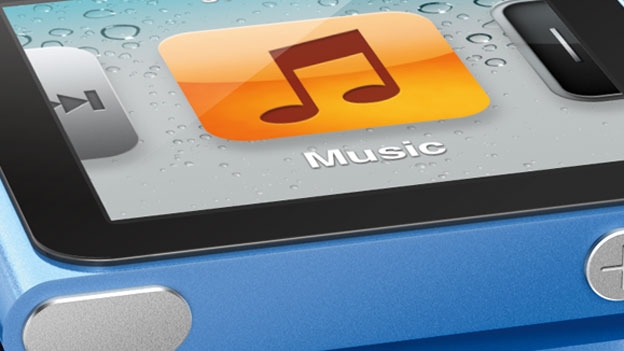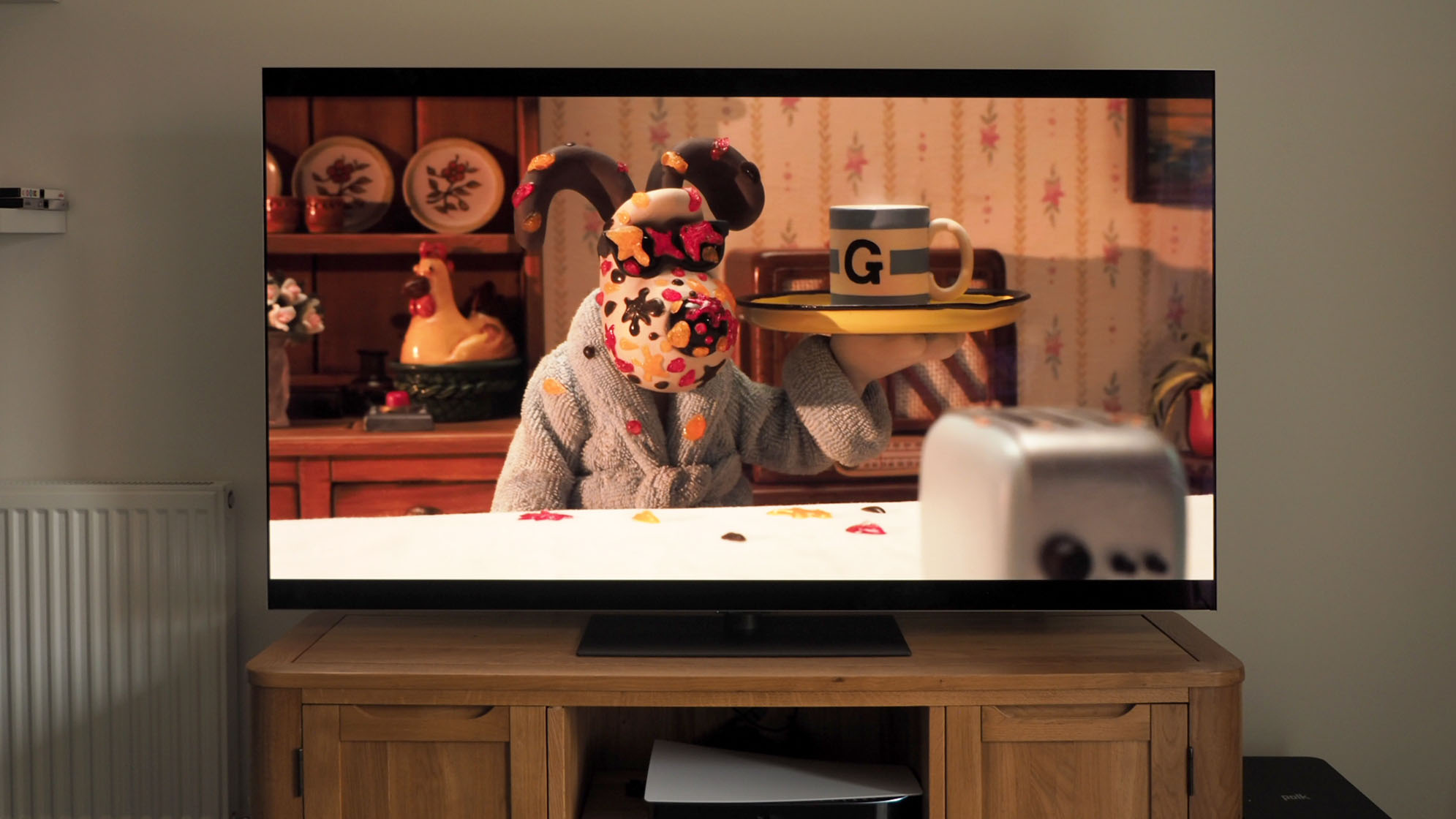
Downloading music for free from the internet used to be so easy, but things are now starting to change. Here's what you need to know...
Ever downloaded without paying? Well it's time to start worrying because it's not the simple free-for-all it was once when it comes to packing your iPod and computer with music. From SOPA shutting down Megaupload, to the closing of file-sharing network Limewire and the courtroom battle with Pirate Bay, the nature of nicking music now has its serious risks.
Whether you have been downloading albums for years or thinking about giving Spotify or the iTunes Store a miss in favour of some audio freebies, here's the current state of play with online music piracy.
How much illegal downloading goes on?
Plenty. Almost three-quarters of all songs downloaded are illegal transactions, according to music-biz association the BPI's Digital Music Nation report. Thanks to small file sizes, music has suffered more than movies from internet piracy. However, if you've got tracks on your hard drive downloaded from shady sites or pernicious peer-to-peer networks, it may be the time to begin a little light fretting; it's not just Megaupload and The Pirate Bay that are facing the music…
Am I breaking the law?
“If you've ever downloaded a song without the copyright owner's permission, you're guilty of copyright infringement,” says Michael Coyle, a solicitor advocate specialising in copyright at Lawdit solicitors. If you see free downloads offered, but aren't sure whether they could lead to a trip to the slammer, head to Pro-music.org to see a list of accredited sites. But as you can probably work out for yourself, if you're not paying, chances are you're law-breaking.
But music copyright does expire though, right?
Yes it does, just as it does with books – hence Seth Graeme-Smith was able to “remix” Jane Austen's classic into Pride and Prejudice and Zombies without facing legal redress. Seventy years after the author's demise, anyone is free to own the musical fruits of their labours. So stick to top pop hits by musicians who've been dead for more than 70 years, and you'll be untouchable. Um, except in certain cases where that rule doesn't apply. Simple as that.
How could they catch you?
The BPI can go straight to your internet service provider and demand the names of anyone downloading illegally. And if you do get caught, pretending you slipped and did it by accident isn't going to cut it. “There are no defences,” says Mark Stephens, a lawyer at FSI who advised Julian Assange in the Wikileaks extradition proceedings. “It's an out and out offence, there's no way out of it.” Not even blaming it on your two-year-old niece? “The only possible excuse is someone else was using your computer,” says Coyle, “and then you're still culpable.” Bugger.
Sign up to the T3 newsletter for smarter living straight to your inbox
Get all the latest news, reviews, deals and buying guides on gorgeous tech, home and active products from the T3 experts
But everyone's at it - Surely no one gets caught?
“The chances of getting caught are low, if you're downloading in a limited way,” says Stephens. “They tend to prosecute those downloading on an industrial scale.” But don't feel too smug – the music industry needs scapegoats, and that's where average punters come in. “The serial offenders are rarely caught, because they're more adept,” says Coyle, “so it does tend to be normal people hauled through the courts to make an example and deter others.” And the bad news? The record labels and the BPI have been getting more active of late.
What kind of punishments are meted out?
“Typically, if an album is worth £9.99, you'd be asked to pay £9.99 in damages,” says Coyle. “But if it went to court, it'd have to be heard in a copyright court, and then the lawyers' fees would cost you upwards of £15,000.” Hence lots of people pay up before it gets to court. If you start uploading tunes for others to download, that's when shit gets really real. British copyright law is among the strictest in the world and you could face civil actions for thousands of pounds of damages under the Copyright, Designs and Patents Act 1988, amended by Copyrights and Trade Marks (Offences and Enforcement) Act 2002. You could also face criminal charges, leading to hefty fines and even imprisonment. At a magistrates' court, fines of up to £5,000 or six months in the nick could be handed out, but the worst cases go to the Crown Court, which can impose an unlimited fine or bang you up for 10 years. Which is a long time to rue not paying for that REM “best of”.
What's the procedure for being prosecuted?
It follows the Civil Procedures Rules. “They send you notice in writing, and give you 28 days to stop infringing,” says Coyle. “If you don't respond they might send you one more letter. Ignore that, and the next thing through your letterbox will be a claim form.” That means court or a nasty bill for you, sonny Jim.
And things could soon be worse, much worse...
SOPA is America's Stop Online Piracy Act. It says that anyone caught streaming copyrighted content, including music; ten or more times in the space of six months should face up to five years in jail. So that's nice. The Anti-Counterfeiting Trade Agreement (ACTA) is its international equivalent and could soon be a cornerstone of EU law. It aims to create universal laws for file sharing online and, again, the notion of jailing people for listening illegally is being bandied about. Both proposals could also lead to websites of any kind – not just file-sharing sites specifically – being shut down just on suspicion of torrenting-based naughtiness, which has clear implications for online freedom of speech.
T3.com is one of the UK's leading consumer lifestyle websites and T3 magazine is its print counterpart. You can follow us on Twitter, Facebook and Instagram.
We present products in helpful buying guides and carefully curated deals posts across style, living, auto, smart home, watches, travel, fitness and more. We're delighted that 38,000 people buy a copy of T3 magazine every month.
-
 How to watch Mario Kart World Direct – everything you need to know about the Switch 2 launch game
How to watch Mario Kart World Direct – everything you need to know about the Switch 2 launch gameNintendo will host a new Nintendo Direct presentation this week, here's how to watch it live and what to expect
By Rik Henderson
-
 LG OLED G5 review: TV of the year?
LG OLED G5 review: TV of the year?LG's brightest-ever OLED TV is an instant winner – with some AI oddities
By Mike Lowe